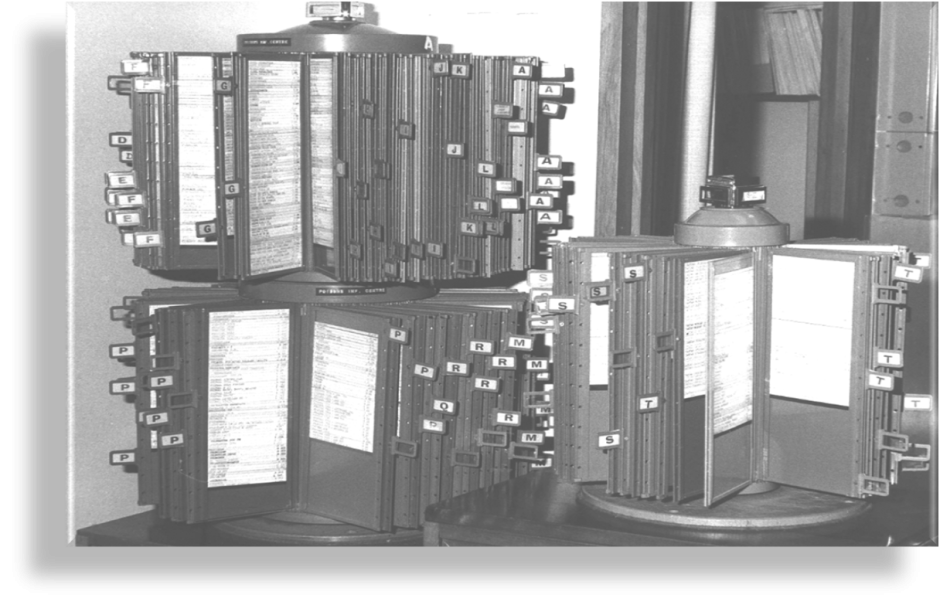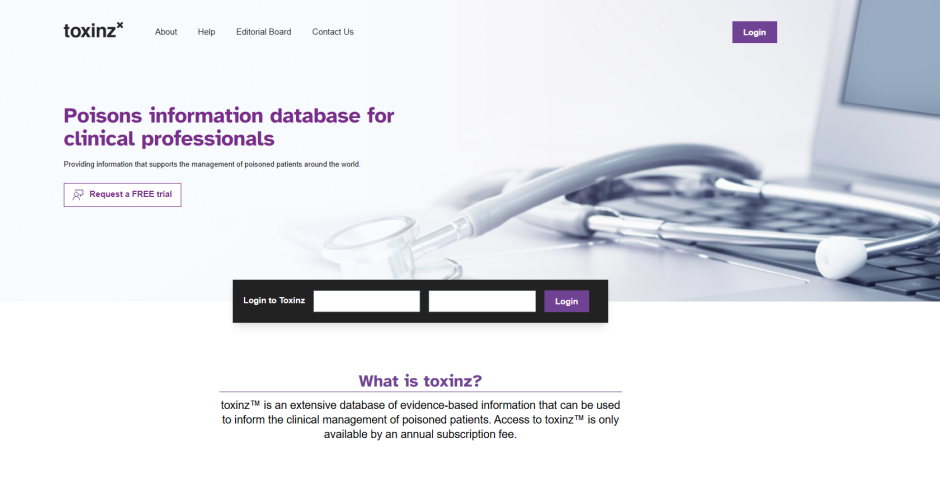Saving lives and the procurement journey behind it
From humble beginnings in Dunedin as a paper-based file in the 1960s, the National Poisons Centre database has evolved into a critical resource used by healthcare professionals around the globe to treat poisoned patients.
The University of Otago leveraged the Government Electronic Tender Service (GETS) to realise this latest version of the database called toxinz™.
However, the journey to upgrade toxinz™ faced setbacks, including the impact of the COVID-19 pandemic, resourcing, and fiscal constraints.
"There were numerous challenges to overcome, including a pause in procurement due to COVID-19," says Mark Caldwell, Category Specialist, Procurement Office for the University of Otago.
"We ended up with a system we are proud of, and we were able to achieve what we have through time and teamwork.”
The University of Otago turned to GETS to find a replacement for the outdated National Poisons Centre database.
The resulting version of toxinz™, utilises a Digital Experience Platform (DXP) and is designed to support the National Poisons Centre's core function of assessing and triaging poisoned patients.
“The National Poisons Centre operates a 24/7 telephone-based service, providing poisons advice to both the public and healthcare professionals. Beyond the poisons centre, toxinz™ is a vital tool used by clinicians at all major hospitals around New Zealand, as well some primary and urgent care clinics. So, it is imperative they have a state of the art and up-to-date poisons information database. That’s what GETS has helped deliver,"
Mark Caldwell Category Specialist, Procurement Office for the University of Otago
The database itself has a rich history, dating back to December 1964 when the National Poisons Centre first opened in Dunedin. Initially, the poisons information was housed in a paper-based index and cabinet file system. In the mid-1980s, the database was first computerised with the existing paper files entered into an IBM software package.
Between 1987 and 2022, the database evolved with advancing technologies. In 1995, a CD-ROM version of the database was distributed to hospitals in New Zealand, with updates issued every six months. By 2002, toxinz™ transitioned to an internet-based platform, offering weekly updates. Today, the database is a global resource, used in over 35 countries with updates made daily and in real time.
“toxinz™ is made available to international poisons centres, hospitals, and universities through annual subscriptions or license fees,” Mark says. “This allows us to provide critical poisons information at no cost to developing nations who are registered through the WHO Hinari programme. This initiative is an example of being a responsible global citizen — helping those who need it most."
Facts about the toxinz™ Database:
- toxinz™ houses over 125,000 entries, covering pharmaceuticals, chemicals, household products, plants, fungi, and hazardous creatures.
- toxinz™ includes historical poisons from the early 1900s, such as veronal, laudanum and strychnine — substances not typically found in modern poison information databases.
- toxinz™ can be searched by substance, brand name, generic name, and synonyms.
- The platform is built on a Digital Experience Platform (DXP) by Optimizely (formerly Episerver) which is customised and maintained by technology company Capgemini Limited.
- The content on toxinz™ is curated by the staff at the National Poisons Centre.

